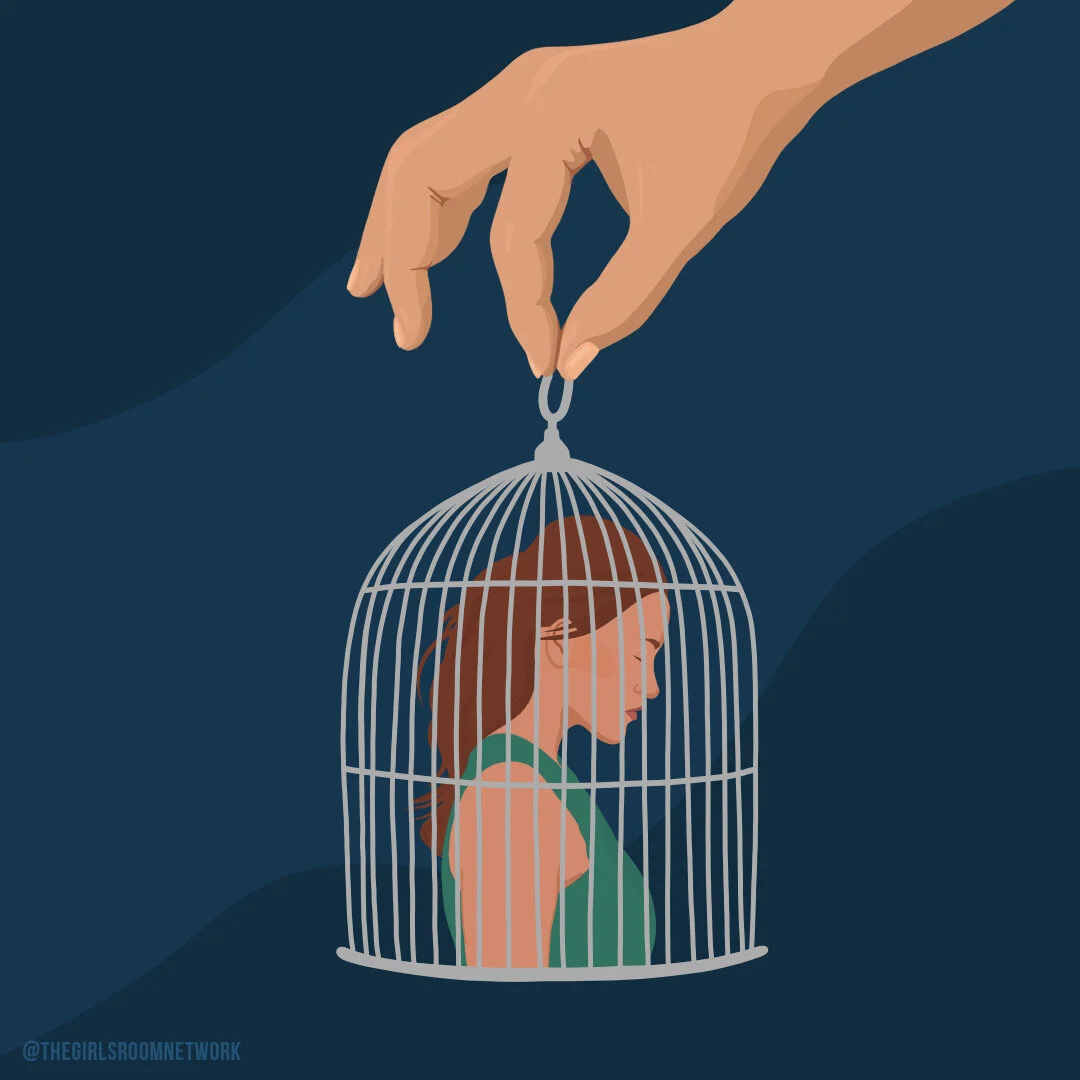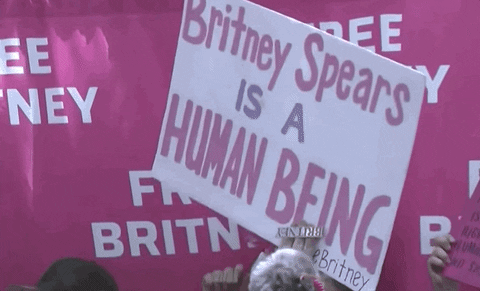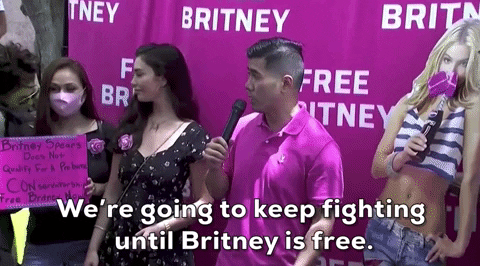Britney’s Conservatorship Nightmare
We’ve all seen the memes and references to a very public meltdown of a razor-wielding Britney Spears back in 2008. In the invasive paparazzi photos she’s seen shaving her head bald. This was one of the events used against her to strip her rights away as she was entered into a conservatorship following two involuntary psychiatric hospitalizations. According to California courts, a conservatorship is an arrangement in which “a judge appoints a responsible person or organization (called the “conservator”) to care for another adult (called the “conservatee”) who cannot care for himself or herself or manage his or her own finances.” In some states it’s also known as a guardianship. For the past thirteen years Britney’s conservator has been her father, Jamie Spears.
In 2009, a small group of Britney fans started a campaign and created the #FreeBritney hashtag to voice concerns over the legal order and what it meant for her free will and rights. Earlier this year the movement picked up steam following the “Framing Britney Spears” documentary by The New York Times. Then, things really took off when Britney, for the first time, spoke explicitly about her conservatorship in an open court hearing on June 23rd. The pop star sounded off: “I’ve been in shock. I am traumatized. I just want my life back.” She called the conservatorship “abusive,” officially justifying fans’ years of worry. The ‘Free Britney’ slogan was set ablaze, sparking public comments from Christina Aguilera, Justin Timberlake, Cher, and more.
A conservatorship is an arrangement intended to act in the best interest of the conservatee. This means protecting and respecting the person deemed unable to care for themselves. Unfortunately this can create a breeding ground for preying on the defenseless. In Britney’s case that seems to be exactly what’s happened — the power-hungry and greedy have taken advantage of their power. She’s been forced to perform, denied reproductive rights, and given medicine against her will.
Unfortunately, many instances of abuse by conservators exist. A 2005 Los Angeles Times article examined approximately 2,400 conservatorship cases between 1997 and 2003 in Southern California. One major injustice recounted in the article is the lack of proper protections and notifications given to the conservatee before being entered into the life-altering bind. In conservatorships granted on an emergency basis, 56% were established without seeking involvement or notifying the conservatee; 64% were arranged before the conservatee could even engage with an attorney. Additionally, there are numerous accounts of conservators taking advantage of the financial control over the conservatee’s money. One conservator in the investigation used the conservatee’s money to pay his taxes and invest in a friend’s business; another used the conservatee’s money to buy her home.
Britney Spears’ situation draws attention to this stealthy phenomenon. The way we treat our most vulnerable (elderly people, those with disabilities or illnesses affecting daily functioning) says something about our society and the laws that govern it. While the intention of the guardianship is to protect those who may not have the capacity to fully self-govern their finances, home, and other personal affairs, we’ve fallen short. In order to create higher protections and ensure that those granted the role of overseer are exercising it fairly, we must revisit the active laws. While several changes have been made over the years for this exact purpose, such as the 2006 Reform Act, the necessary funding and continued monitoring remain just as necessary today to fight abuses in the system.
Currently, avenues for terminating a conservatorship are complicated. One hurdle conservatees face is the expensive costs that come with the court process of exploring termination. A proposed Senate Bill 156 in 2013 was vetoed, which would have relieved conservatees of the fees needed to pay in order to fight their cases in court. This is just one example that shows the way in which entering a conservatorship is quicksand for the subject. It’s easy to get stuck and difficult to escape once entrenched.
On July 14th Britney Spears appeared in court and once again made claims against her camp. In a positive step forward she was allowed to appoint her own lawyer for the first time in thirteen years. For Britney, a wealthy celebrity with a public platform, there’s light at the end of the tunnel. But for many others without resources and access to a global stage, circumstances are bleak.



